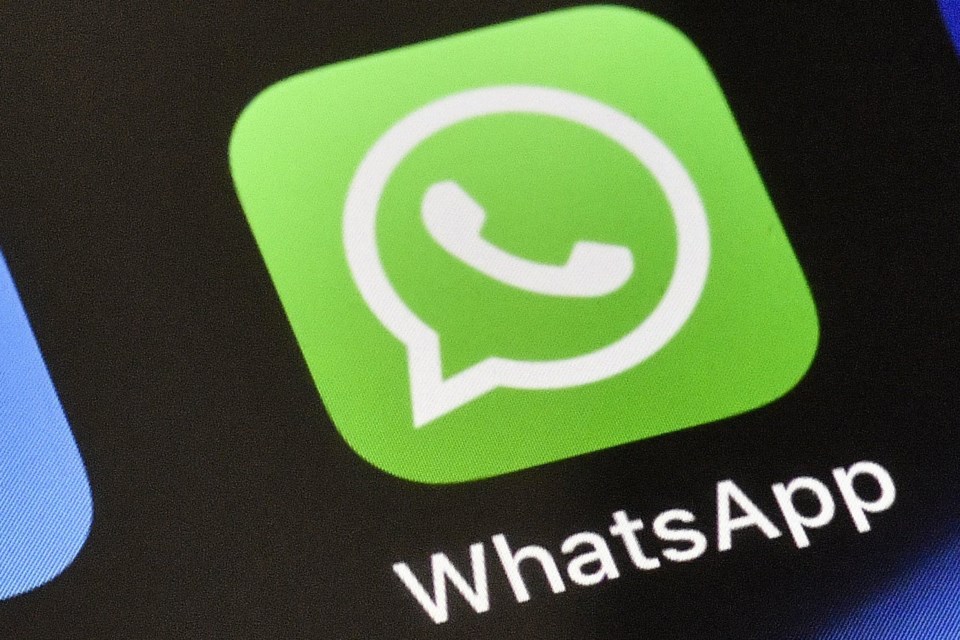Iranian state television on Tuesday afternoon urged the country's public to remove the messaging platform WhatsApp from their smartphones, alleging the app — without offering specific evidence — gathered user information to send to Israel.
In a statement, WhatsApp said it was “concerned these false reports will be an excuse for our services to be blocked at a time when people need them the most.” WhatsApp uses end-to-end encryption, meaning a service provider in the middle can’t read a message.
“We do not track your precise location, we don’t keep logs of who everyone is messaging and we do not track the personal messages people are sending one another," it added. “We do not provide bulk information to any government.”
End-to-end encryption means that messages are scrambled so that only the sender and recipient can see them. If anyone else intercepts the message, all they will see is a garble that can’t be unscrambled without the key.
Gregory Falco, an assistant professor of engineering at Cornell University and cybersecurity expert, said it’s been demonstrated that it's possible to understand metadata about WhatsApp that does not get encrypted.
“So you can understand things about how people are using the app and that’s been a consistent issue where people have not been interested in engaging with WhatsApp for that (reason),” he said.
Another issue is data sovereignty, Falco added, where data centers hosting WhatsApp data from a certain country are not necessarily located in that country. It's more than feasible, for instance, that WhatsApp's data from Iran is not hosted in Iran.
“Countries need to house their data in-country and process the data in-country with their own algorithms. Because it’s really hard increasingly to trust the global network of data infrastructure,” he said.
WhatsApp is owned by Meta Platforms, the parent company of Facebook and Instagram.
Iran has blocked access to various social media platforms over the years but many people in the country use proxies and virtual private networks, or VPNs, to access them. It banned WhatsApp and Google Play in 2022 during mass protests against the government over the death of a woman held by the country’s morality police. That ban was lifted late last year.
WhatsApp had been one of Iran's most popular messaging apps besides Instagram and Telegram.
Barbara Ortutay, The Associated Press




